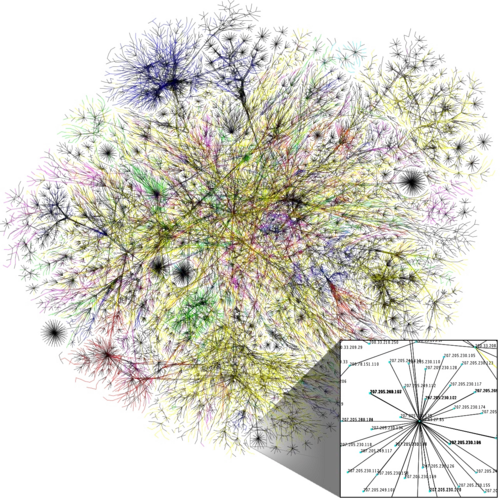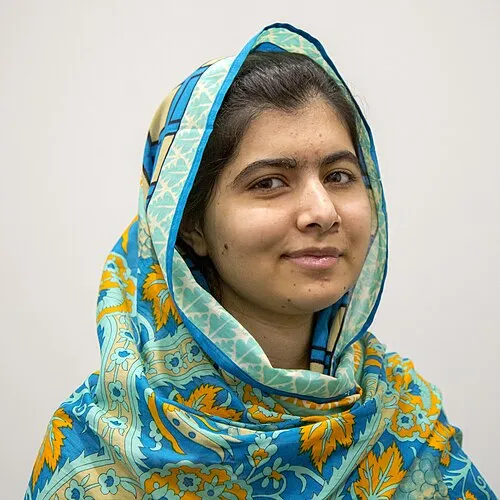
World Day Against Cyber Censorship: Empowering Free Speech Online
The Internet has revolutionized the way we communicate, express ourselves, and share ideas. However, the rise of digital censorship has posed significant challenges to free speech and access to information. Recognizing the importance of a free and open Internet, the World Day Against Cyber Censorship, observed annually on March 12, serves as a crucial platform for raising awareness about digital rights and advocating against online restrictions.
Understanding Cyber Censorship
Cyber censorship refers to the suppression of free expression and access to information online, often enacted by governments, corporations, or other influential entities. This can include blocking websites, filtering content, monitoring digital communications, and imposing legal penalties for dissenting opinions.
Cyber censorship can manifest in various forms, such as:
- Site Blocking: Governments can restrict access to specific websites or platforms.
- Content Filtering: Algorithms may filter out certain keywords or topics, shaping public discourse.
- Surveillance: Increased monitoring of online communication often instills fear in users, leading to self-censorship.
The Impact of Cyber Censorship
Cyber censorship has a profound effect on society. It can stifle individual rights, impede journalistic freedom, and undermine democratic processes. In many parts of the world, activists, journalists, and everyday citizens face severe repercussions for speaking out against the government or corporate interests, leading to a culture of fear.
World Day Against Cyber Censorship: A Call to Action
Initiated by Reporters Without Borders (RSF), the World Day Against Cyber Censorship highlights the ongoing struggles faced by individuals and organizations striving for open access to information. This day serves as a reminder of the vital role that the Internet plays in promoting human rights and democracy.
On this day, participants around the globe engage in various activities, including:
- Awareness Campaigns: Social media hashtags, articles, and blog posts educate the public about the risks of cyber censorship.
- Online Vigils: Some individuals organize virtual vigils to honor those who have suffered from digital repression.
- Advocacy Efforts: NGOs and other organizations push for reforms to safeguard digital rights.
How You Can Get Involved
Everyone can play a role in the fight against cyber censorship:
- Stay Informed: Educate yourself about digital rights issues and follow the work of organizations committed to protecting online freedoms.
- Speak Up: Use social media platforms to voice your concerns and share information about cyber censorship.
- Support NGOs: Donating to or volunteering with organizations like RSF can amplify efforts toward establishing a free Internet.
The Future of a Free Internet
To ensure a free and open Internet, it is imperative that we resist the forces of censorship and advocate for policies that prioritize free expression. By participating in the World Day Against Cyber Censorship, we contribute to a global movement striving for a future where everyone can share their thoughts and opinions without fear of reprisal.
Conclusion
World Day Against Cyber Censorship is not just a day of awareness; it is a call to action that unites people around the world in defending digital rights. Every voice matters in the fight for an unreserved Internet, and by standing together, we can create a safer and more expressive online space for all.






